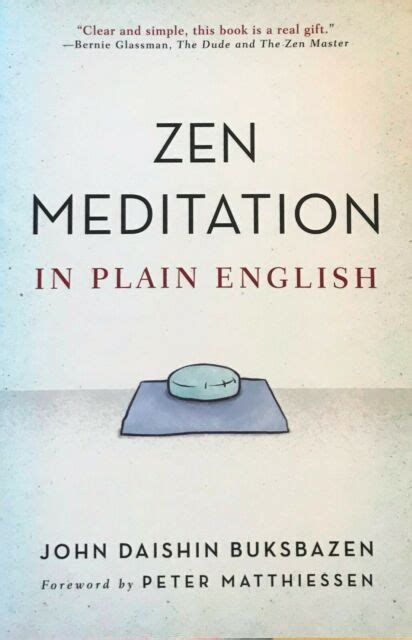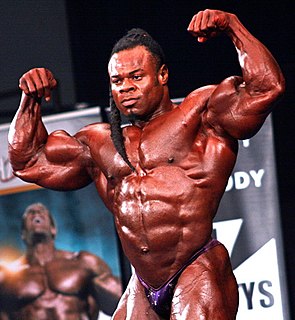A Quote by Steve Toltz
As an artist you can use your own discomfort and neuroses and difficulties and at least transform them into something else. Without that you're just neurotic and uncomfortable.
Related Quotes
If you're really going to uncover something as an artist, you're going to come into access with parts of your personality and your psyche that are really uncomfortable to face: your own ambition, your own greed, your own avarice, your own jealousies, and anything that would get in the way of the purity of your own artistic voice.
Leadership is scarce because few people are willing to go through the discomfort required to lead. This scarcity makes leadership valuable...It's uncomfortable to stand up in front of strangers. It's uncomfortable to propose an idea that might fail. It's uncomfortable to challenge the status quo. It's uncomfortable to resist the urge to settle...If you're not uncomfortable in your work as a leader, it's almost certain you're not reaching your potential as a leader.
A workable and effective way to meet and overcome difficulties is to take on someone else's problems. It is a strange fact but you can often handle two difficulties-your own and somebody else's-better than you can handle your own alone. That truth is based on a subtle law of self-giving or outgoingness whereby you develop a self-strengthening in the process.
My dad would always say, 'Girl, you've been given gifts. Use them.' And what he meant by that was, 'Don't just be successful. Don't just use your talents for your own success. But make a difference with them. Do something significant.' And when I put those two things together, it just causes me to not accept the status quo.
Are you a person—with volition and maybe some stubbornness and at least the capacity if not the actual determination to do something surprising—or are you a tool? A tool just serves its user. It’s only as good as the skill of its user, and it’s not good for anything else. So if you want to accomplish something special—something more than you can do for yourself—you can’t use a tool. You have to use a person and hope the surprises will work in your favor. You have to use something that’s free to not be what you had in mind.
I would like a world full of love. But remember, that love has no opposite to it. It is simply because you inside yourself have been able, through awareness, to transform your hate into love. Even to say that you have been able to transform it is not right, but what else to do with language? Whatever you say, something is wrong in saying it, something goes wrong in saying it. The fact is, awareness itself transforms your hate into love, not that you transform it. Your work and function is simply to remain aware. Don't let anything happen in your life without awareness.
When you have your own bus, then you have dignity. When you have your own school, you have dignity. When you have your own country, you have dignity.When you have something of your own, you have dignity. But whenever you are begging for a chance to participate in that which belongs to someone else, or use that which belongs to someone else, on an equal basis with the owner, that's not dignity. That's ignorance.
It’s therapy. It’s just something to do so you’re not lost in your own not-so-nice thoughts, and it’s an opportunity to think about something a lot nicer and to do something that’s with more purpose. So you do it, and you take your passion and you put a lot into it, and at some point you get recognized for it. But that recognition doesn’t mean the man is without his own demons or without his own struggles.






































